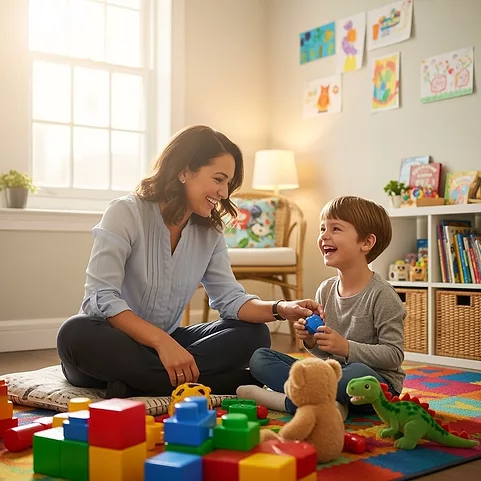Omega Fatty Acids Might Help Kids with Attention Deficits
Short Description:
Omega Fatty Acids Might Help Kids with Attention Deficits
Background:
Given new research from Sweden, it won’t hurt—and might help—for clinicians to suggest their patients with attention deficit disorder (ADD) take supplements of the fatty acids omega 3 and 6.
The supplements can help children and adolescents with ADD, which is the inattentive subtype of attention-deficit hyperactivity disorder (ADHD), according to the findings of a dissertation done at the Sahlgrenska Academy at the University of Gothenburg.
In a double-blind study, researchers gave 75 children diagnosed with ADHD either omega 3 and 6 or a placebo over three months. Then they gave all the participants the fatty acid supplements over the next three months. While there was no major improvement for the group as a whole, the researchers found in 35% of the participants who had ADD, there was an improvement in symptoms, including being attentive for more than short periods of time. Blood samples also showed those children with an improvement had a better balance between the two fatty acids.
The research also found that a cognitive training program, called Collaborative Problem Solving (CPS), can improve problem behavior in children with ADHD, according to a university news release (http://bit.ly/1pKwWwN). It can be a good alternative or complement in the treatment of ADHD, as well as oppositional defiant disorder (ODD), researchers found. The study included 17 children, who along with their family members, received up to 10 weeks of help in training cognitive ability and solving problematic situations. The families were then asked how much the child’s behavior problems improved immediately after treatment, as well as six months later. Half reported a large or very large improvement.
Those who still experienced severe ADHD symptoms at completion of the CPS training were given the chance to supplement treatment with stimulant medications. In a six month follow-up, 81% of all the participating families experienced a large or very large improvement, according to the university news release. Go to http://hdl.handle.net/2077/36752 to read the dissertation.
Related content:
Complementary Therapy in ADHD
Newsletters
Please see our Terms and Conditions, Privacy Policy, Subscription Agreement, Use of Cookies, and Hardware/Software Requirements to view our website.
© 2026 Carlat Publishing, LLC and Affiliates, All Rights Reserved.


_-The-Breakthrough-Antipsychotic-That-Could-Change-Everything.webp?t=1729528747)



